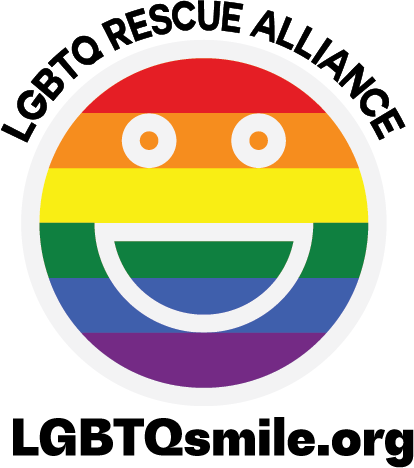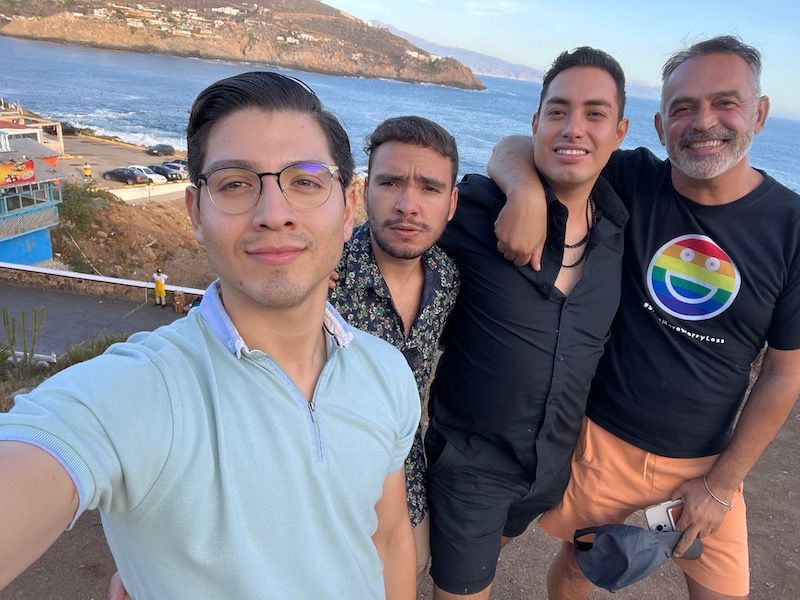Build Your
Own World
Education
Inclusive Education: LGBTQ+ students deserve to see themselves reflected in the curriculum and feel included and valued in the classroom. By teaching about LGBTQ+ history, contributions, and experiences, we can validate their identities and experiences, promoting a sense of belonging and self-acceptance.
It is important to note that teaching LGBTQ+ topics should be done in a sensitive and age-appropriate manner. Educators should receive training and resources to handle these subjects effectively and address any potential concerns or misconceptions that may arise.
By embracing LGBTQ+ education, we can foster a brighter future where all individuals, regardless of their sexual orientation or gender identity, can both learn and teach, ultimately creating a more inclusive and equitable society.
Diversity
Reducing Bullying and Discrimination: Education is a powerful tool to combat prejudice and discrimination. By teaching about LGBTQ+ issues, we can promote empathy, understanding, and respect among students. This helps create a safe and supportive environment for LGBTQ+ students, reducing instances of bullying and harassment.
Breaking Stereotypes: LGBTQ+ education challenges stereotypes and misconceptions. It allows students to explore diverse identities, orientations, and expressions, helping to break down harmful stereotypes and promote acceptance. This benefits not only LGBTQ+ students but also their peers, as it encourages critical thinking and a broader understanding of human diversity.
Discrimination
Promoting Equality: Teaching about LGBTQ+ rights and social movements encourages students to become advocates for equality and social justice. It empowers them to challenge discrimination and work towards building a fairer society for all individuals, regardless of their sexual orientation or gender identity.
Building a More Inclusive Society: By educating students about LGBTQ+ issues, we are equipping them with the knowledge and understanding needed to create a more inclusive society. As future leaders, professionals, and community members, they can contribute to positive change, ensuring equal rights and opportunities for everyone.











































